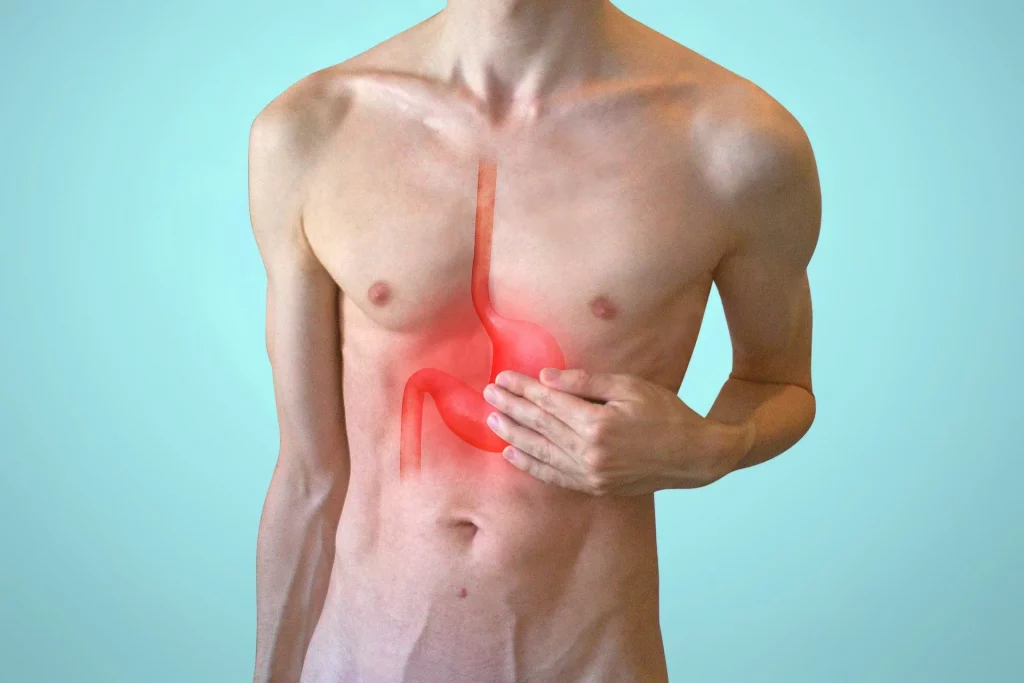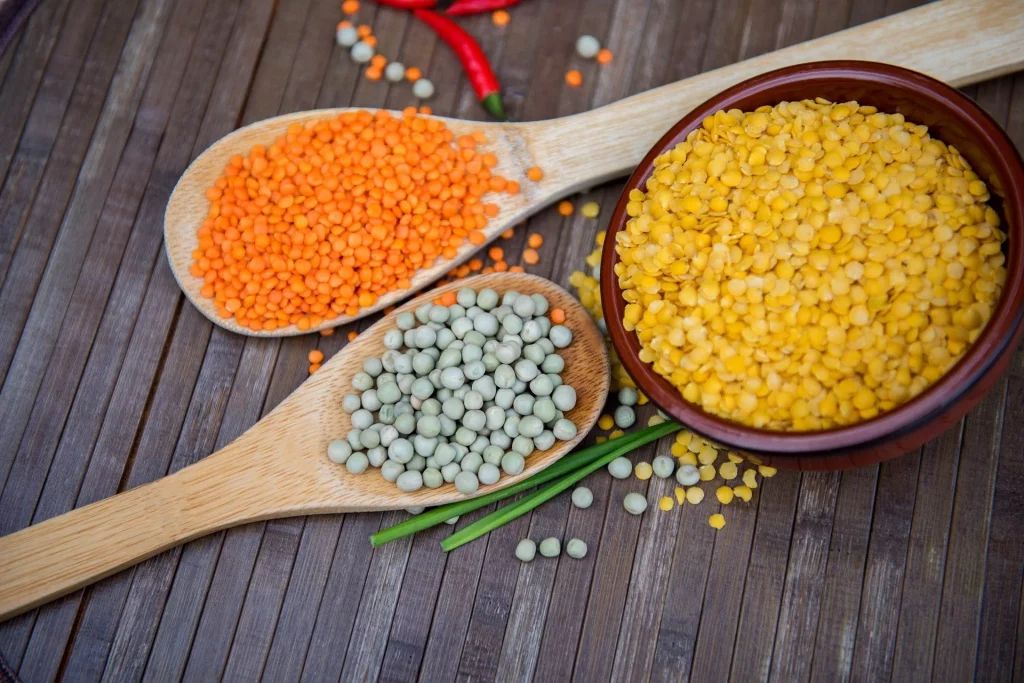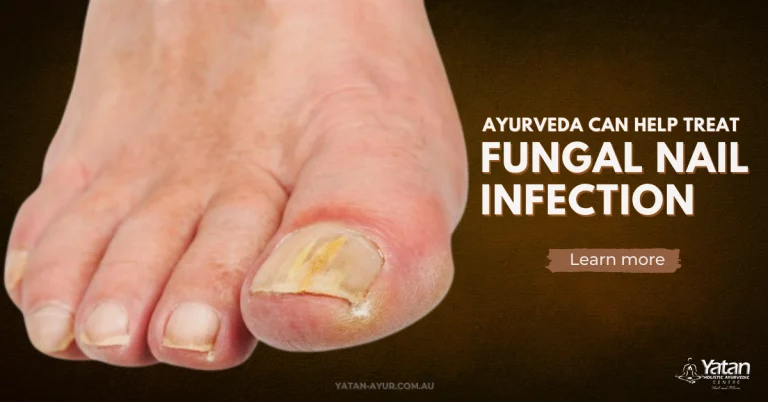Acid Reflux: Your Most FAQ Answered by an Ayurvedic Practitioner
Acid reflux, also known as GERD (Gastroesophageal Reflux Disorder), or more commonly ‘heartburn’ is an unpleasant burning sensation felt in the esophagus and chest area when stomach acids are pushed upwards. You may have experienced this condition and have attempted to self-treat it by taking antacids or other drugs like PPIs (proton-pump inhibitors) – which can be quite harmful to your body if taken regularly over time.

Acid reflux can effectively be treated, with long-lasting results, through diet and lifestyle changes. But these changes alone may not be enough for some people. Sometimes the condition is caused by a systemic or organic problem (like a disorder of the liver or gallbladder), or even a metabolic or emotional problem. To learn more about what acid reflux is, you can visit our previous article on the topic.
Today, we’re going to look deeper into the causes and treatment options for acid reflux, based on your most commonly asked questions, and according to the ancient health science of Ayurveda.
Acid Reflux Q&A
What are the symptoms of acid reflux?

Each person may experience acid reflux (GERD) differently and at varying intensities. However, the mostly commonly reported symptoms of acid reflux are:
- Burning sensation in the chest/esophagus (‘heartburn’)
- Regurgitation
- Watery mouth, hypersalivation
- Chronic burping/belching or hiccups after eating
- Hoarseness or need to constantly clear the throat (due to rising stomach acids)
- Gas bloating and indigestion
Less common symptoms include:
- Nausea
- Vomiting (which may be accompanied by blood)
- Unexpected weight loss
- Dark or bloody stools
- Dysphagia (difficulty in swallowing)
- Wheezing
More symptoms may be present if an underlying condition exists.
What causes acid reflux?
While it may be logical to think that acid reflux is simply caused by too much stomach acid, it is actually just the tip of the iceberg in a long list of potential causes that must be thoroughly investigated. A physician or healthcare advisor must first question why the acid is caused in the first place. Is it due to a lack of enzymes? And if so, why are these enzymes lacking? And which organ does the problem start from?
According to Ayurveda’s dosha concept, acid reflux occurs due to the aggravation of the body’s Pitta and Vata doshas. Increased Pitta causes a burning sensation and increased Vata causes acid to move upward through the esophagus.

Underlying conditions are usually connected to the two aggravated doshas and the subsequent lack of adequate digestive enzymes. Such conditions include fatty liver disease, gallbladder stones, hormonal imbalances, kidney dysfunction, and diabetes.
The most important thing to consider here is that the body is running on emergency mode when producing too much acid. This implies that something is urgently lacking (in this case, it is often digestive enzymes), and the body is trying to make up for it. This is why pinpointing the cause requires deeper investigation than just looking at one’s superficial symptoms.
Am I at risk of developing acid reflux?
Anyone can develop acid reflux, especially acutely, with short-term symptoms that may resolve quickly. Sometimes, you might eat a heavier than usual meal, or eat anxiously and quickly, in which case this type of acid reflux can be expected and is not associated with any kind of pathology or risks.
But for those who experience acid reflux and GERD chronically and find little to no relief, it may be due to an elevated risk factor such as:
- Being over 40
- Being overweight or obese
- Smoking
- Eating before bedtime
- Lack or inadequate physical activity
- Alcohol overconsumption
- Taking medications such as calcium channel-blockers, sedatives, antihistamines, asthma medicine, and painkillers.
If you have yet to notice any symptoms of GERD yet tick one or more of the boxes from the above list, then you shouldn’t be surprised if you do begin to develop the symptoms in the future (acting early on can, however, significantly prevent those symptoms from making their appearance).
What happens if I leave acid reflux untreated?
If acid reflux / GERD is left untreated, it can lead to further health complications, such as esophagitis, Barrett’s esophagus, esophageal cancer, liver congestion, heart problems, metabolic disorders, and even depression.
What kind of diet should I follow to get rid of acid reflux?
If you seek to tackle acid reflux with Ayurveda, a personalised dietary plan will be prescribed to you depending on your physical condition and dosha. Acid-producing foods will be eliminated from your diet but the foods you will be advised to eat will be based on a host of factors, like whether or not they aggravate another underlying condition and whether or not you can tolerate them.

Foods to avoid include: soy sauce, citruses, balsamic vinegar, alcohol, beans, pineapple, red meat, pork, seafood, chilli and spicy foods, white bread, fried foods, and processed foods.
Foods that generally favour the anti-acid diet and do not further aggravate the doshas are: apple, papaya, pomegranate, watermelon, guava, spinach, asparagus, artichokes, choko, barley, gluten-free grains (like buckwheat), lentils, mung beans, chickpeas, cooked vegetables, and white rice.
Can Yoga help with acid reflux?
Yoga can be prescribed as a complementary form of therapy to balance your doshas, encourage natural enzyme production, and nourish your entire system at the same time.
Recommended Yoga postures include: Cobra pose, Locust pose, Sitkari pranayama (Hissing Breath), and Sitali pranayama (Cooling Breath).
Conclusion
Acid reflux is not a condition in and of itself, but rather a signal that something else is not working correctly within the body. Addressing and treating the condition early on can prevent further complications down the line, so it is of pivotal importance to seek professional advice as soon as you notice that your symptoms persist.
At the Yatan Holistic Ayurvedic Centre in Sydney, we can help you manage and overcome GERD through a 100% personalised treatment plan that is safe, all-natural, and side effect free.
Are you looking for an all-natural way to get rid of acid reflux (GERD)? Contact us today for a phone consultation or book an appointment online.
Disclaimer: This article is not intended to substitute medical advice. All information and resources referenced, including medicinal preparations, fitness, dietary and lifestyle recommendations, are based on the opinion of the author. Please consult a medical practitioner if you require advice or are experiencing any worrisome symptoms.

*Discover holistic healing with a complimentary phone or video consultation from our expert Ayurvedic practitioner. Start your path to better health today!*























